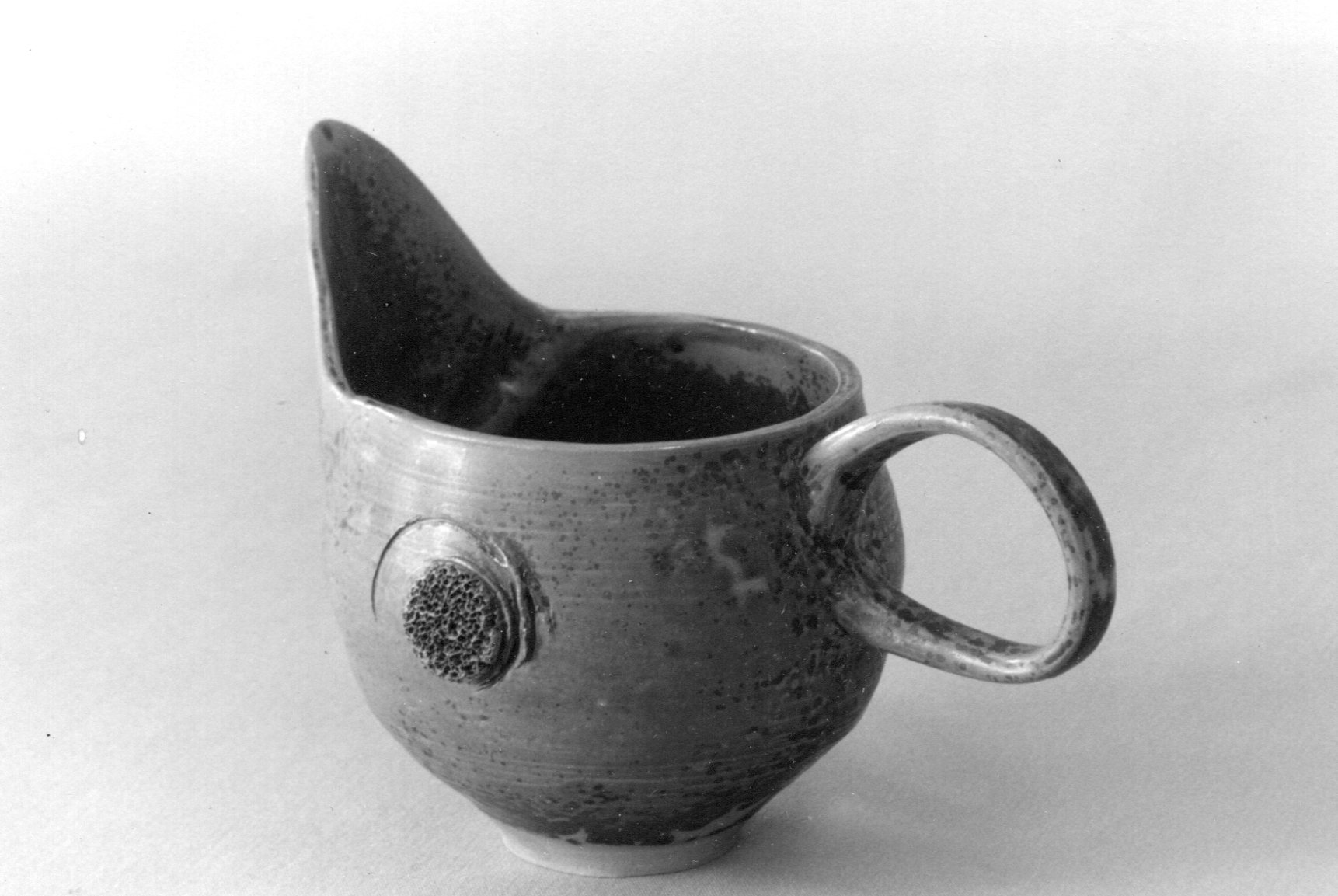Key Facts About Copyright
Copyright comes into being at the moment of creation. It applies to "original works ... fixed in any tangible medium of expression." You cannot hold copyright in a great idea until you have found a way to express that idea. And you cannot copyright something that's transient in nature like an improvisation, unless you record it (get it into a fixed form).
A bundle of rights
Copyright in a work is actually a "bundle" of rights that may be separately licensed or transferred. These rights include
- reproduction of the work
- preparation of derivative works
- distribution of copies of the work
- public performances of the work
- public display of the work
In other words, you could potentially license your original story to one company to publish it and to a different company to make a film of it. You could license your photograph for exclusive use in a magazine or for non-exclusive use to a company that makes posters. There are many possibilities.
License or transfer
A copyright is a piece of intellectual property. It lasts for the life of the author (in other words, the creator), plus 70 years. You can (and should) include copyrights and other intellectual property in your estate plan. When you license or transfer any part of a copyright, you must do so in writing. When you license something, you retain control over the copyright and simply are granting someone else certain rights to use it. If you transfer or assign your copyright, you are parting with it forever.

There are many other matters associated with copyright law. Sometimes someone creates a work as a "work-for-hire," which means the person who hired you to create the work may be considered the "author" or owner of that work. In copyright infringement lawsuits, sometimes a defense of "fair use" is raised. Such issues almost always revolve around the facts particular to the parties involved and the works in question. The answers to copyright questions can sometimes be very subjective and difficult to pin down without the assistance of legal counsel.
Credits
"Serving vessel" by Al Beck
Photo by Carmen Federowich
Used with permission.
